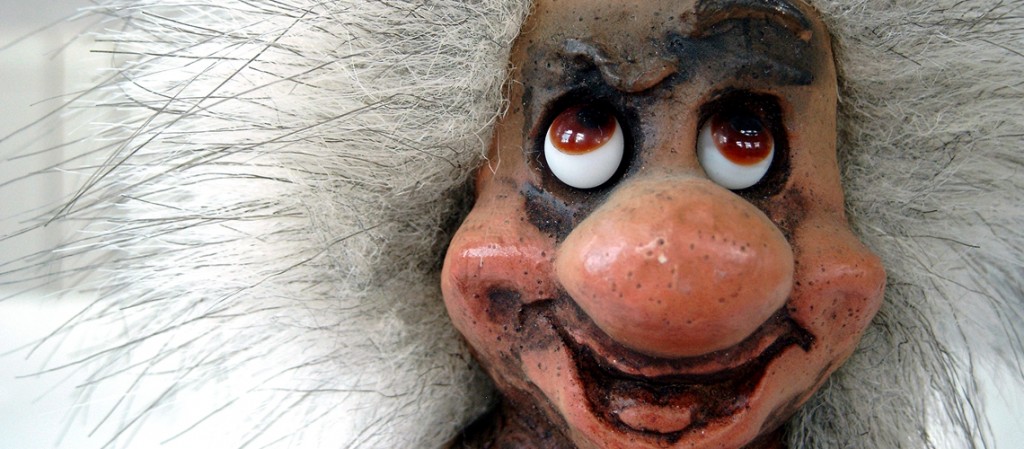[the_ad id=”25740″]

Norvegian Troll. (Courtesy: R Street Institute)
(Nathan Leamer, R Street Institute) – Abusive patent litigation siphons tens of billions of dollars from the economy every year. In addition to burdening American entrepreneurs with lost revenues and great uncertainty, the scourge of frivolous lawsuits depletes funds that otherwise could have used toward research and development, venture-capital investment, and other essential business activities.
While it isn’t the kind of comprehensive corrective to America’s “patent troll” problem that we’d like to see, the newly introduced Venue Equity and Non-Uniformity Elimination Act would address one small piece of the problem. The bill, S. 2733, would curtail rampant venue shopping that unfairly distorts legal outcomes by allowing plaintiffs to select friendly judges in advance.
According to research, from George Mason University’s Mercatus Center, nearly half of all patent cases are filed in the U.S. District Court for the Eastern District of Texas. Through the first half of 2015, the Tyler, a Texas-based court heard 1,387 patent cases, compared with an average of 19 such cases in other federal judicial districts.
The district has become so notorious as a magnet for “patent troll” litigation that Samsung ramped up its giving to charities near the court, and even built an ice skating rink next to the court’s Marshall, Texas division, undoubtedly to present a more friendly face to local juries. The City of Tyler even advertises itself as “IP friendly” and lists the big awards the court has doled out. The current state of affairs is so absurd that John Oliver even covered it.
When the Federal Circuit heard oral arguments this month in TC Heartland, a case that deals with venue, it blamed Congress for the current mess. As the panel explained, the present situation arose from a 1990 case called VE Holding that overrode the previous, stricter, rules following an interpretation of a 1988 law. Therefore, since Congress messed it up in the first place, they should be the ones that fix it.
Yet, cracking down on venue shopping alone offers a more modest goal than the sorts of comprehensive patent-reform legislation that have stalled in Congress in recent years. The last major push for comprehensive reform – H.R. 3309, the Innovation Act of 2013 – passed the U.S. House in December of that year with broad bipartisan support and an overwhelming margin of 325-91. At the time, it held a 7-1 margin of support among Republicans.
Alas, the bill also drew host of special interests to the table, who swiftly ramped up an intense and well-funded opposition campaign (get your fill of AstroTurf at www.savetheinventor.com). After failing to clear the Senate during the 113th Congress, the Innovation Act was reintroduced last year by House Judiciary Chairman Bob Goodlatte, as H.R. 9. Both that measure and a Senate companion bill (S. 1137, the PATENT Act) included venue-reform provisions. Despite strong support from free-market groups (including R Street) and a wide variety of other organizations, a coalition of special interests has obstructed either bill from moving forward.
The holistic approach to patent litigation reform appears to have been swallowed up by fear-mongering. Opponents have gone so far as to claim that an effort pushed by some of the most conservative legislators actually represented Obama’s liberal vision for a “patent-free society.” Narrowly-targeted reform efforts like the one introduced by Sens. Jeff Flake, Cory Gardner, and Mike Lee (none of whom are even remotely considered to be on the “liberal” end of the spectrum), present a new opportunity to move forward.
The fruits of innovation should go to entrepreneurs and inventors, not trial lawyers. Addressing abusive patent litigation is essential to ensure that America’s rules to reward technological innovation remain in line with the Constitution’s mandate to “Promote the Progress of Science and the useful Arts.”
Column was published at R Street Institute.


Facebook
Twitter
Pinterest
RSS